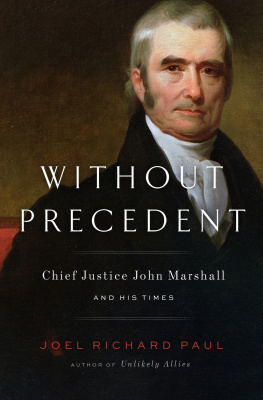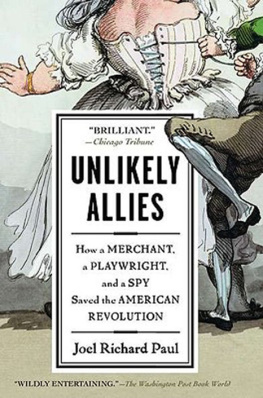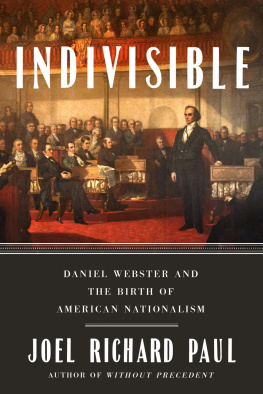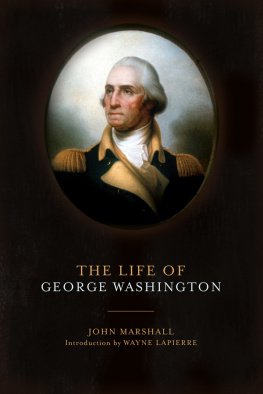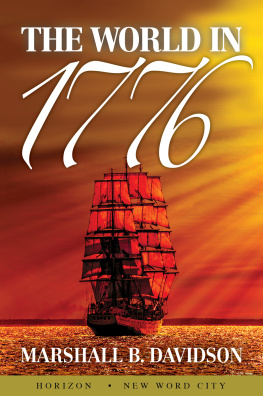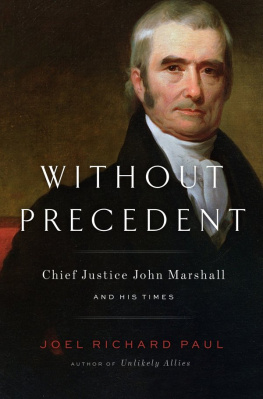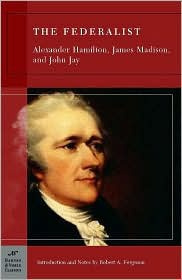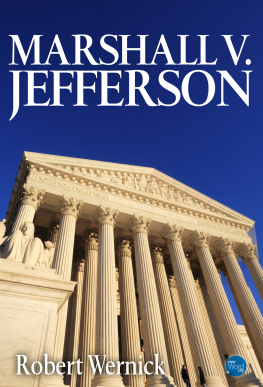ALSO BY JOEL RICHARD PAUL
Unlikely Allies

RIVERHEAD BOOKS
An imprint of Penguin Random House LLC
375 Hudson Street
New York, New York 10014

Copyright 2018 by Joel Richard Paul
Penguin supports copyright. Copyright fuels creativity, encourages diverse voices, promotes free speech, and creates a vibrant culture. Thank you for buying an authorized edition of this book and for complying with copyright laws by not reproducing, scanning, or distributing any part of it in any form without permission. You are supporting writers and allowing Penguin to continue to publish books for every reader.
Library of Congress Cataloging-in-Publication Data
Names: Paul, Joel R., author.
Title: Without precedent : John Marshall and his times / Joel Richard Paul.
Description: New York : Riverhead Books, 2017. | Includes bibliographical references and index.
Identifiers: LCCN 2017016049 (print) | LCCN 2017022497 (ebook) | ISBN 9780525533276 (eBook) | ISBN 9781594488238 (hardcover)
Subjects: LCSH: Marshall, John, 17551835. | JudgesUnited StatesBiography. | United States. Supreme CourtBiography
Classification: LCC KF8745.M3 (ebook) | LCC KF8745.M3 P38 2017 (print) | DDC 347.73/2634 [B]dc23
LC record available at https://lccn.loc.gov/2017016049
p. cm.
Version_1
For my friend and teacher Robert Gross
and for Charles Uehrke, who kept me waiting
CONTENTS
INTRODUCTION
None of the founding generation of American leaders had a greater impact on the American Constitution than John Marshall, and no one did more than Marshall to preserve the delicate unity of the fledgling republic. As chief justice of the United States, Marshall led the Supreme Court for thirty-four years, longer than any other chief justice, and he single-handedly established its importance and supremacy in American life. What George Washington was to American politics, John Marshall was to American justice. Buffeted by political adversaries prepared to do almost anything to stop him, Marshall brilliantly outflanked his rivals. Against a torrent of forces that threatened to shatter the fragile union, Marshall defended his vision of a strong national government. Armed with nothing more than his eloquence and his gift for invention, Marshall triumphed against all odds.
This is the story of the life and times of an exceptional man who mastered the art of self-invention and applied it to everything he did. At a time when all the leading southern statesmenmen such as Washington, Jefferson, Madison, Monroe, Randolph, Pinckney, and Leewere wealthy patricians from prominent landholding families, Marshall grew up in a two-room log cabin shared with fourteen siblings on the hardscrabble frontier of Virginia. His only formal education consisted of one year of grammar school and six weeks of law school. Yet in the space of two decades he went from being a poor, unschooled frontiersman to become a military officer, an influential lawmaker, a successful attorney, a foreign diplomat, a national hero, Washingtons biographer, a congressman, secretary of state, and chief justice.
How does a man from such modest beginnings reinvent himself so successfully? And how does a judge transform an insignificant and impotent court into a powerful coequal branch of the federal government and breathe meaning and life into an untested constitution?
As a young officer at Valley Forge, Marshall witnessed how Generals George Washington and Baron von Steuben transformed the Continental Army from a hungry, bootless band of undisciplined and demoralized men into an effective fighting force by kindling faith in their fight. Marshall learned early from his experience in the Revolutionary War that reality sometimes follows appearances. Marshall loved the theater. Wherever he traveled, he attended performances frequently and often wrote about them. Perhaps the power of illusion and the possibilities of one actor playing multiple roles were what drew him to the stage. Marshall played many parts so well because he was at heart a master actor. In the end his gift for illusion transformed not only himself but the Court, the Constitution, and the nation as well.
Later, while serving as a diplomat and secretary of state, Marshall negotiated on behalf of the United States when France, Britain, Spain, and the Barbary pirates threatened war. How does an infant nation lacking a powerful army or navy demand to negotiate as an equal with powerful adversaries such as France and Britain? Diplomacy was, in one of Marshalls pet phrases, an extravagant pretense. But Marshall depended on this extravagant pretense to defend Americas territorial sovereignty and right to trade against the ambition of great powers. His diplomatic maneuvers successfully avoided war and maintained the countrys foreign commerce.
President John Adams nominated Marshall as chief justice after a humiliating electoral defeatand only after Adamss preferred nominee for the post demurred. At that time the Supreme Court was regarded as nothing more than a constitutional afterthought. The Court had few cases, little dignity, and no genuine authority. In designing the new capital, no one had even planned a building to house the Supreme Court: It ended up in the basement of the U.S. Capitol. From the outset, Marshall confronted a hostile President Jefferson and a Republican Congress that plotted to impeach Marshall and much of the federal judiciary. Despite these impediments, Marshall established over the course of his tenure the principle of judicial review and elevated the dignity of the Supreme Court as the final arbiter of the Constitutions meaning.
During Marshalls tenure from 1801 to 1835, the Court issued more than one thousand decisionsnearly all unanimousand about half that number were written by Marshall. No other chief justice comes close to that record, and no Supreme Court before or since has issued even a majority of its decisions unanimously. What makes this record of unanimity even more incredible is that Marshall was a Federalist, and for his entire tenure, every Supreme Court justice was appointed by a Democratic-Republican president who opposed Marshall. Nonetheless, Marshall forged a consensus on nearly every issue by sheer personality and intellect. His humanity and warm laughter helped to win over even the most resolute colleague. He rejected a strict construction of the Constitution and insisted on reading the Constitution broadly as a living document that responded to the needs and demands of a growing nation. Marshall envisioned a modern national economy under a strong federal government. He conceived virtually every foundational doctrine of constitutional law that has guided the United States for two centuries.
While Marshalls contributions to American constitutional law are well-known, his contributions to international law were just as important. On the Court, he confronted a stream of cases for which there were no clear rules or precedents. He was compelled to create new precedents. Cases involving pirates, slaves, and Indians were especially thorny, and Marshall continually crafted new doctrines for deciding these cases.

